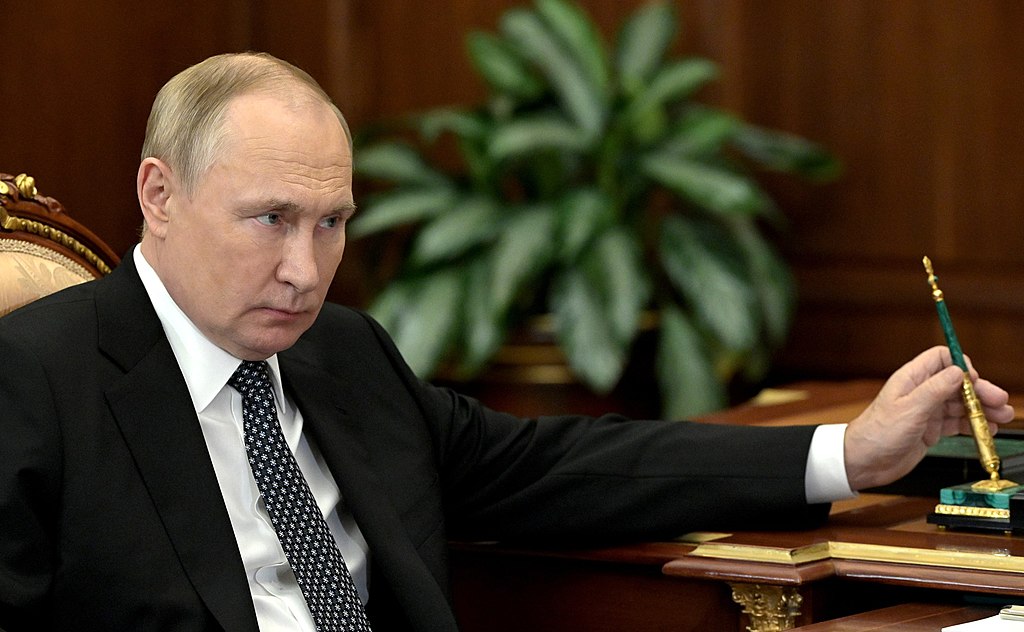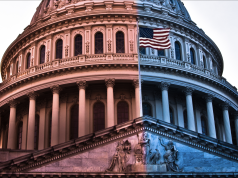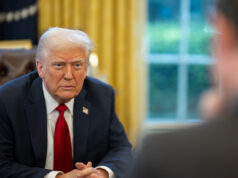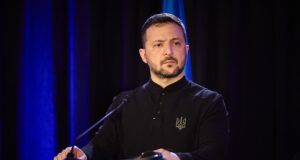The United States and Russia are reportedly quietly reopening talks on a possible prisoner-exchange that could determine the fate of at least eight Americans still held in Russia. According to Russian special envoy Kirill Dmitriev—who visited Washington in late October—discussions with U.S. officials were “humanitarian in nature, such as possible exchanges of prisoners that the U.S. side has been working on.” A senior U.S. official confirmed the outreach and described the atmosphere as constructive, though emphasized that no agreement has yet been reached.
“The U.S. will welcome the release of any detained American,” the official said, underscoring that Washington views this strictly through the lens of American lives, not political grandstanding.
During Dmitriev’s trip he met U.S. envoy Steve Witkoff. A source familiar with the conversations told Axios that Moscow hopes such a swap would “create more trust between the countries.” From a Republican perspective, this is exactly the kind of outcome our diplomacy should be pursuing: Americans held abroad should be brought home, and Russia should see we are serious, not passive.
While a handful of Americans were released earlier this year under separate agreements, these talks focus squarely on the eight who remain behind bars—several caught up in cases the U.S. describes as politically tinged or based on contested evidence. According to Axios, the names sent to Moscow earlier by the U.S. include:
- Stephen James Hubbard, 73, accused of fighting as a mercenary in Ukraine
- David Barnes, serving a 21-year sentence after a cross-border custody dispute
- Robert Gilman, former Marine convicted of assaulting a police officer
- Eugene Spector, sentenced on bribery and espionage charges
- Michael Travis Leake and Robert Romanov Woodland, jailed on drug offenses
- Daniel Joseph Schneider, convicted of abducting his son
- Gordon Black, a U.S. soldier imprisoned for theft and alleged threats
U.S. officials haven’t confirmed whether these eight are the focus of the current discussions—but with Moscow signalling interest, and Washington keen to show it can deliver for detained Americans, the groundwork for a high-stakes swap is clearly in motion.
Why this matters
For the Republican-minded audience, this is about America first: no American left behind, accountability for Russia’s malign practices, and the restoration of American strength in diplomacy. Critics of past Democratic administrations argue that Russia has often treated U.S. citizens as bargaining chips—and the fact that Washington is now engaging quietly, but seriously, signals a turn toward a tougher posture.
What have we achieved so far under Trump?
It’s worth remembering that under the Trump administration, significant steps were taken to bring Americans home:
- In February 2025, the U.S. secured the release of Marc Fogel, an American schoolteacher imprisoned in Russia for possession of medical cannabis (a 14-year sentence), in what was acknowledged as a prisoner exchange.
- In April 2025, another U.S. citizen, dual-national ballet dancer Ksenia Karelina, was freed from Russia in a swap described by U.S. Secretary of State Marco Rubio as secured through Trump’s efforts.
These releases underscore a Trump-era focus on returning Americans held by adversarial powers, not leaving them forgotten. While this upcoming swap is not yet finalized, the very fact that Moscow and Washington are in active dialogue is a sign the U.S. is not passive when its citizens are wrongfully detained.
The road ahead
There are still major questions to resolve: who exactly will be part of the swap? What will the U.S. give up?






